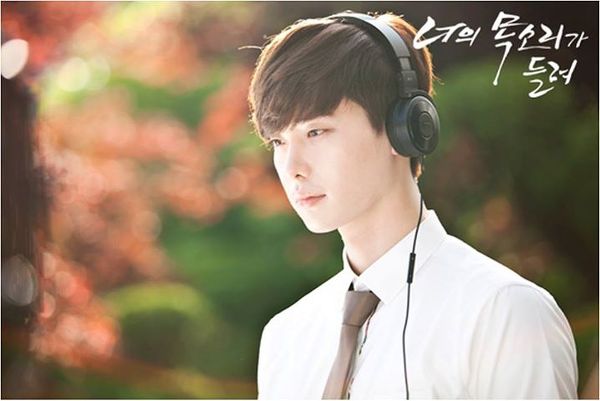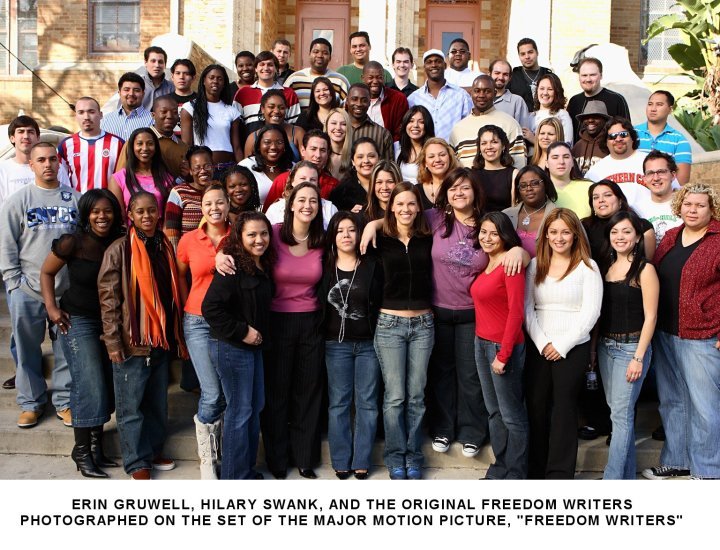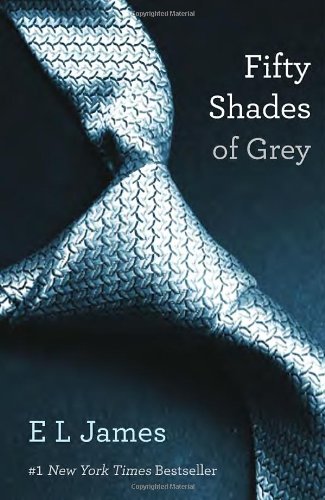The US is literally "a beautiful country" in Korean. I was taught like that during my school days, and I had believed it for a quite long time until I was enlightened by abundant historical insights in college. This book reveals that America, which we Koreans have truly believed a heaven, is no longer heaven.
Many Korean families immigrated to America in search for their American dreams. Some were successful, but others failed and quietly came back to their motherland. They had difficulties adjusting to language barrier, cultural differences, racial discrimination, and poverty.

Youngju's family departs for America, believing with no doubt that everything is going to be all right there since America is heaven. Contrary to their rosy expectations, problems arise and their lives in a new environment get harder and harder and the family breaks down.
Youngju's father is a typical Korean breadwinner that represents his generation back then. He doesn't want to lose his face and thus refuses an offer to stay at his sister's house in spite of his wife's wish. This decline makes his family trapped in poverty and hard to escape from it even though his wife works two jobs.
Youngju's parents don't approve of her making friends with American girls. Korean grown-ups are usually prejudiced against American teenagers because they think American girls neither study nor behave themselves. Youngju's brother in his teens starts hanging out with bad boys and plays truant. Youngju's mother falls a victim of domestic violence while she is trying to protect her kids from her drunken husband's battery.
Youngju had to call 911 to rescue her mom from the violence. Her parents ended up getting a divorce and her mother starts over with her two kids in a new home that reminds of their old home in Korea.
This book is a blatant revelation about Korean immigrants' life in America. There's no American dream. It's only harsh reality. But there's a ray of light at the end of the dark tunnel. I felt ashamed and humiliated while reading and facing the descriptive incidents in the story. "Does the writer have to go this far?" But now I know there's no need for embellishment. There's hope only when you honestly disclose your side of story, face the reality, and appeal for help. Now I applaud the author for having the courage to broach the sensitive topic.
Kira-kira is a story of another immigrant family. They're Japanese. Compared with
Kira-kira,
A Step from Heaven is down to earth and sounds realistic.

In the movie,
Once Upon a Time in China, Master Hwang says to his disciples that here (China) is the Golden Mountain, not America. That's why they (foreigners) flock here. I guess he was saying, "Don't try to relocate to realize your dreams." People often think "anywhere but here." But shouldn't it be "here and nowhere else"? If you can't overcome hardship here and now, where could you stand on your feet?









